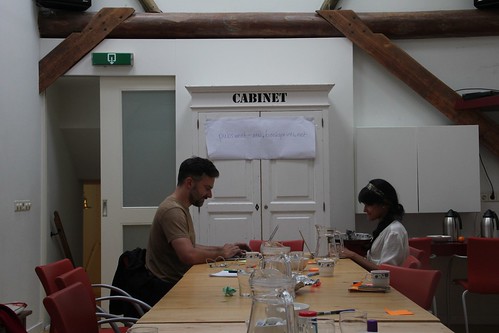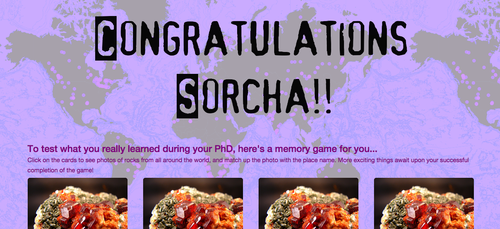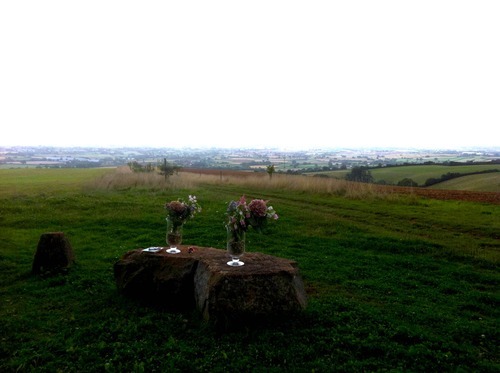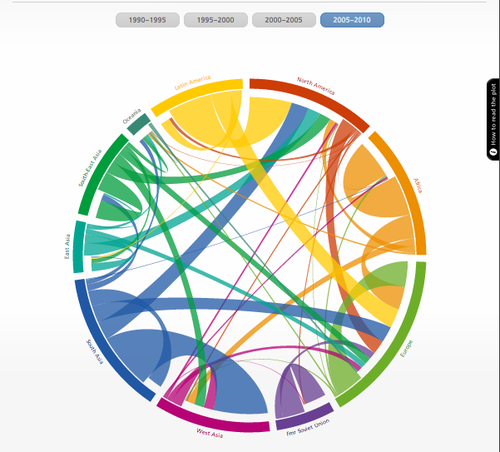A few weeks ago, someone asked me at a party, “Where do you come from?” and then second-guessed my answer, asking “No no, I mean where do you come from, originally?” This isn't anything new, sadly, but what happened afterwards surprised me.
Someone I didn't know very well interrupted my interrogator, with
“You know, that question is racist.”
I was speechless. A white German man, who I'd never really spoken to, was saying almost exactly what I was about to say. The conversation continued, with protests from the man asking the questions, and the man who interrupted him explaining clearly and firmly why asking different questions to different people based on their skin colour, as well as not accepting their answer, is racist.
It was wonderful.
Having those conversations, explaining to someone why what they're saying or doing is discriminatory, is incredibly tiring. Sometimes I don't even bother; I just answer the question, then walk away, but I always feel a twinge of almost guilt, knowing that they'll likely just go ahead and continue their behaviour as is.
But then again, it's not my responsibility to explain the world and its migration flows to them... so whose is it? When someone else – and especially, someone who has likely never been asked that question in his entire life in Germany – decided to step in and help explain, it was incredibly welcome and (sadly) a huge surprise.
It's all very well not engaging in discriminatory practices yourself, or having an increased self-awareness of what you and those around you are doing; but going that step further, and actually speaking out, is much more than many people actually bother doing. Naturally, it's part of the privilege bestowed upon sections of society that we/they can actually ignore discrimination to the level of never having to engage with it; that, however, is not making it go away for the rest of society.
Perhaps there's the worry of 'mansplaining' or speaking over others, but (and obviously, I can only speak for myself here) – knowing that there are active allies who I can turn to in those cases is really so reassuring. People who would not just stand by me while I get into an argument with someone over what is considered racist or not, but those who would actually join the argument rather than watching from the sidelines.
If you're really, truly, wanting to use your position of privilege, wherever it may lie, then stop being a passive observer of discrimination around you, and actually do something about it. Say something. Explain why. If it's purely a case of ignorance on their part, then it's your responsibility to educate them just as much as it is anyone else's.
PS. There are ways of doing this that are considerate and understanding, but also get the point across – Willow's blog on this topic addresses some of these points really well.
Read Post



